I have a home grown template class called Vec which is a pale shadow of: std::vector<T>
To avoid re-inventing the wheel the header overloads for assign are copied from: std::vector::assign
..so
As part of testing Str class, ..test code is also run against std::vector<T> to ensure equivalent output...
If std::vector<T> is used then compiler will choose the correct overload:
However, when Vec<T> is used then compiler insists on choosing the incorrect overload:
There is an obvious work around via casting the args to lvalues prior to use:
Question:
Given that both Vec<T> and std::vector<T> use identical header overloads for their respective assign ...how is std::vector<T> able to implement rvalues arg without confusing the compiler?




